Which Total War is the best? Which one should beginners start with? We rank all the titles in the acclaimed strategy series from worst to best.
On the release of Troy: A Total War Saga, we take a look back at its predecessors. With its epic battles, pretty much every Total War actually offers a fantastic gaming experience. Nevertheless, there are a few clear highlights and a few titles that tend to fall behind. We therefore list all 16 games of the series here, sorted from weakest to best representative. Selected according to the opinion of our editorial team.
We have limited ourselves to independent parts of the series: expansions simply always belong to their main game. And we only count real Total Wars – we simply leave Kingdom out as a shameful footnote to history.
Troy: Total War could finally reach its full potential at the Steam release
Table of Contents
Place 16 – Total War: Arena
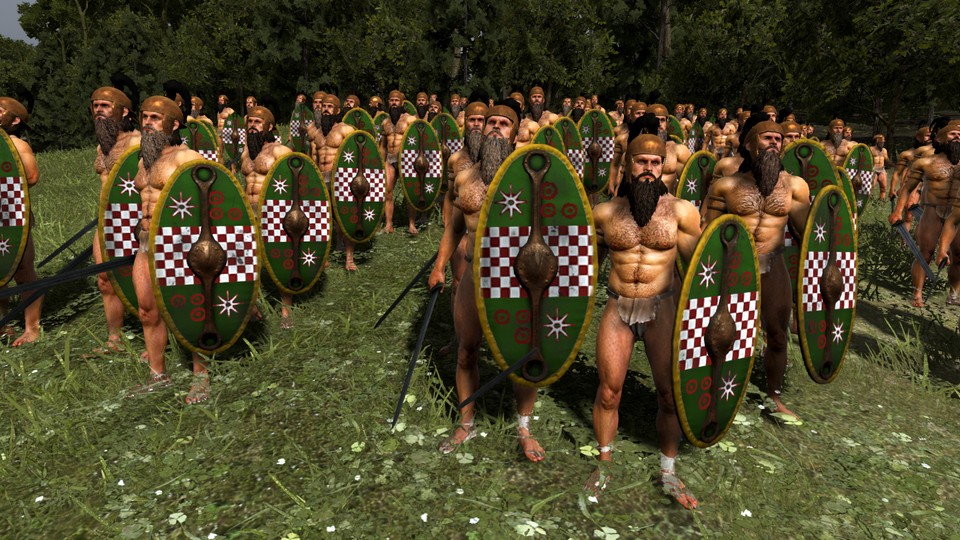
Free2Play online battles, only three squads per player and then also without a campaign – one could hardly develop more consistently past the classic Total War target group. So it’s no wonder that Arena also comes in last place among our editorial strategists. The online spin-off simply lacks too much of what constitutes a Total War at its core. In addition, Arena was even frustrating because unlocking new technology levels degenerated into a brutal grind.
But it was not only Total War superfans who were apparently disappointed by this spin-off. Arena also didn’t go down well enough with players to be developed further. The game has since been discontinued.
Place 15 – Total War Saga: Thrones of Britannia
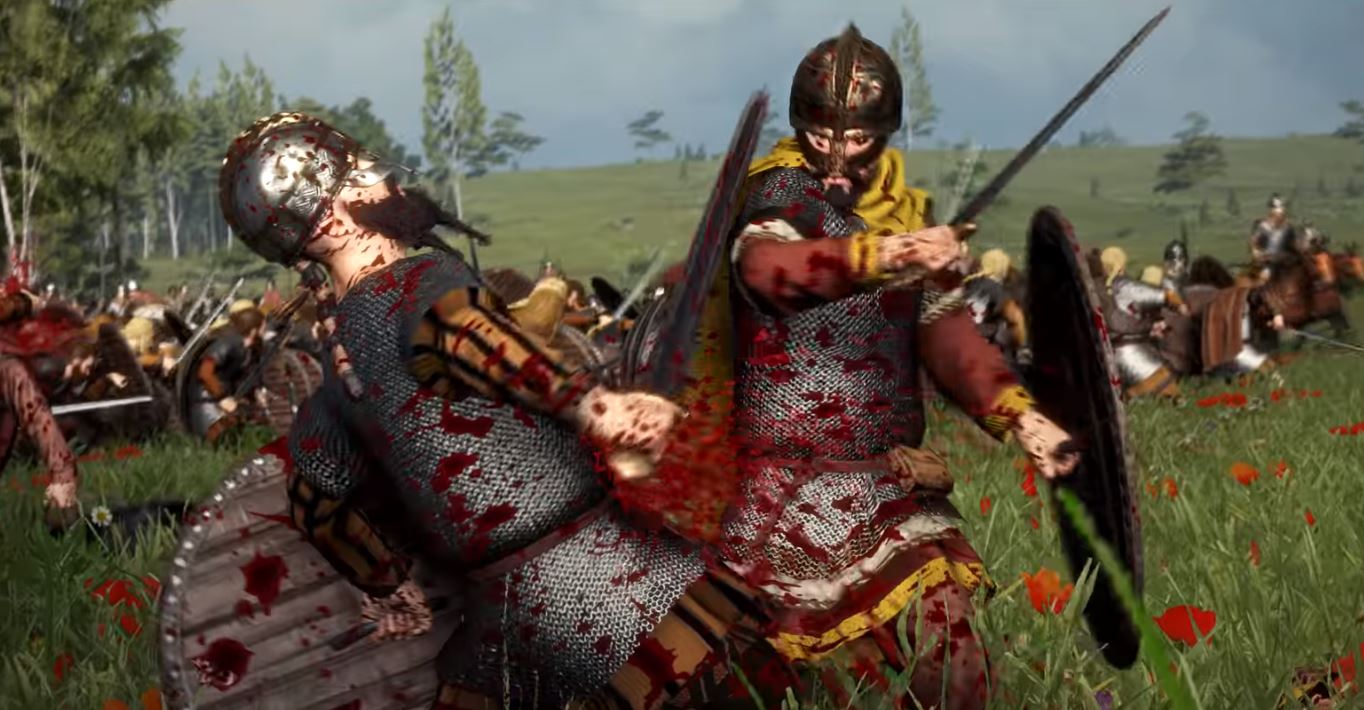
Thrones of Britannia dared to experiment: it was the first saga spinoff to use an existing engine to explore a more narrowly defined area of history than usual, and it turned many classic game mechanics upside down. It introduced a completely new recruitment system, for example, and threw agents completely overboard.
However, while these innovations worked surprisingly well, Thrones failed to deliver on classic staples of the series: the economy proved far too shallow and the AI was so weak that the game never really challenged us. Overall, the first Total War saga is still a decent medieval strategy game, but nowhere near Total War at its best.
Place 14 – Troy: A Total War Saga
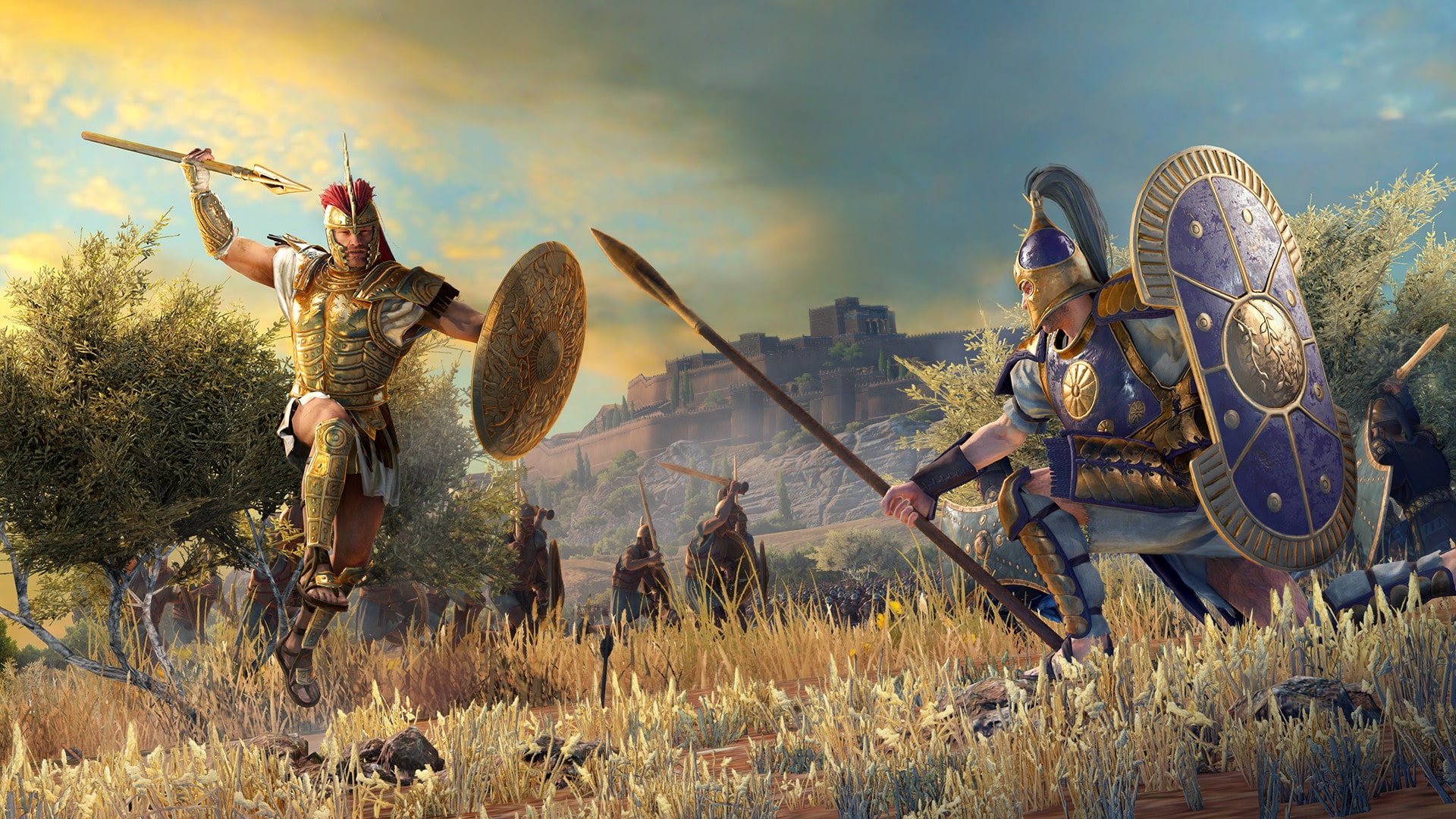
Actually, Troy: A Total War Saga should be the second Saga spin-off, but since Fall of the Samurai was also declared a Saga afterwards, it is now part three. Qualitatively, this is much closer to Thrones of Britannia than Fall of the Samurai. In general, Troy has a lot in common with its saga predecessor, but retains the upper hand in the ranking thanks to fewer AI blunders.
As with Thrones of Britannia, Troy focuses on a very specific slice of human history, but with a twist. Since the Trojan War is virtually impossible to reconstruct historically, we know the story mainly from the lyrical songs of the poet Homer. But although it would have made sense to turn Troy into a mainly fictional Total War after Warhammer, the developers wanted to take a risk. Instead of flooding the battlefields with mythological monsters and divine activity, Troy shows a realistic version of the well-known events. However, Creative Assembly is not really satisfied with this. Troy dares a few exciting experiments, but as in the case of the five new resources, they fail in execution. Like Thrones of Britannia, Troy is still fun thanks to the strong series DNA, but it’s not nearly enough for the Total War Olympus.
Place 13 – Shogun: Total War
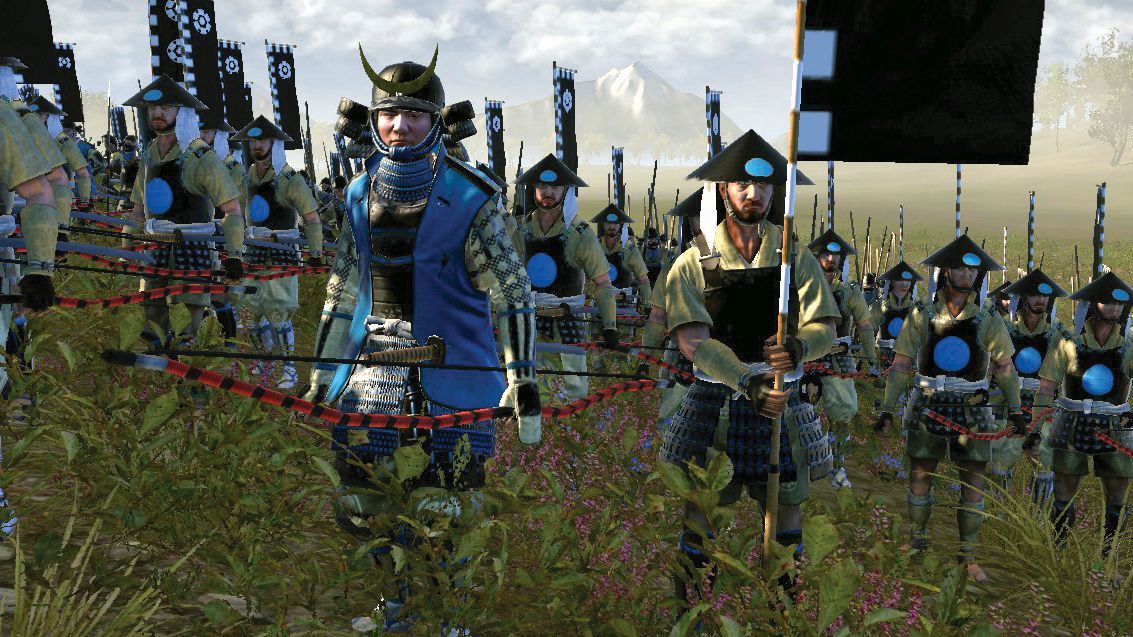
Such a low place for the game that started it all? Shogun has nothing to be ashamed of: its successors have all simply expanded on its concept in a meaningful way! But when it was released back then, there was hardly anything else like it, so clever was the dovetailing of realistic real-time battles with the turn-based map.
Yet Creative Assembly originally wanted to simply make an RTS of the Command & Conquer brand! That might have turned out well, but it might have just gone under – while the distinctive Total War formula survives to this day.
Place 12 – Napoleon: Total War
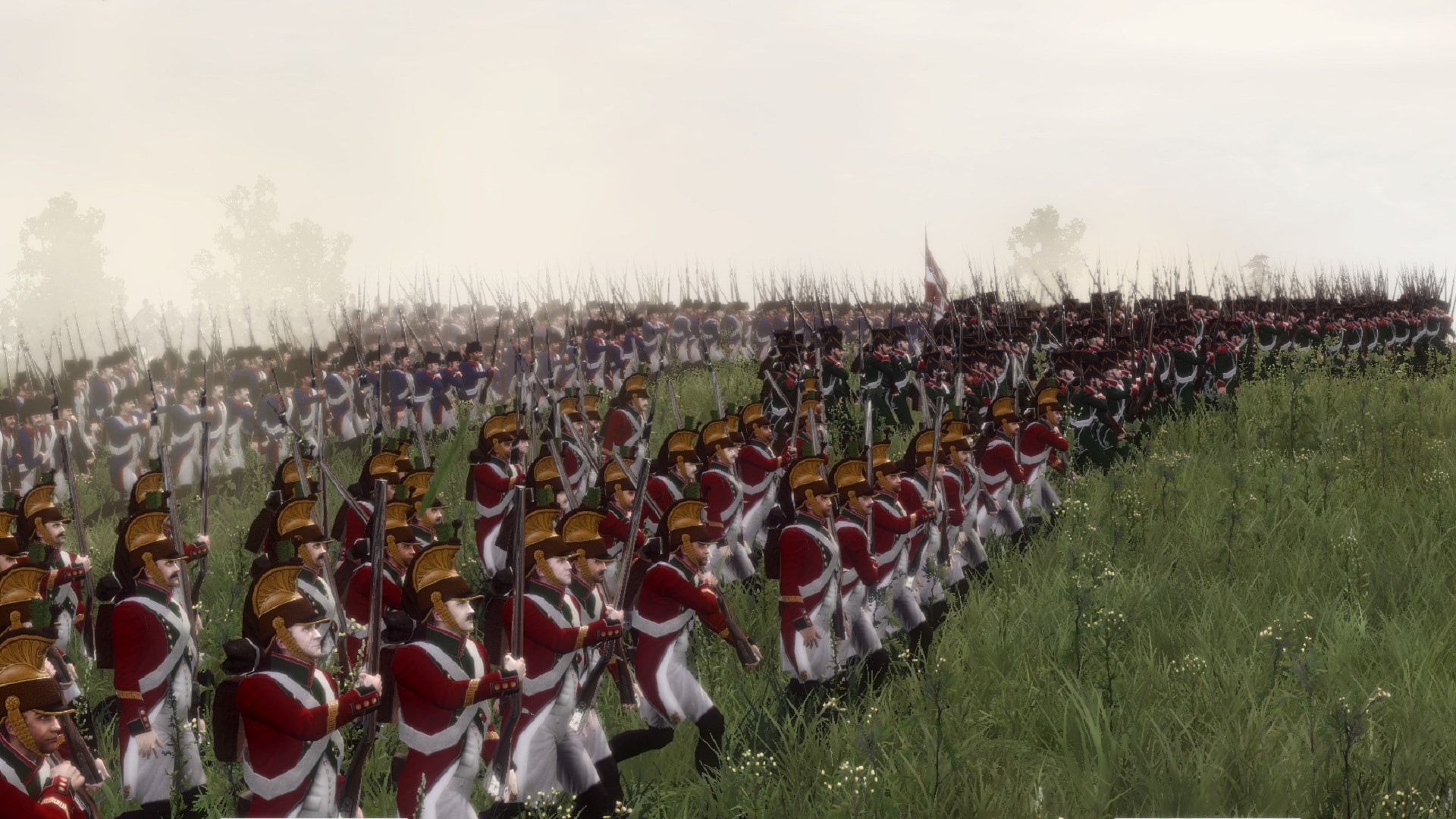
Napoleon was the first standalone expansion in the series, making it an improved Empire at heart. But not on all fronts, and that’s why it was met with mixed reactions. Game mechanically, it added some useful innovations like wear and tear in snowy areas, but these came into play on a much more limited playing field. Several campaigns traced Napoleon’s campaigns, but all only a certain part of it – it lacked the huge world map of an Empire.
Conversely, some fans were disappointed that Napoleon’s mechanical improvements did not make it into the main game and Napoleon was sold as a stand-alone game. Overall, this is only good enough for one of the lower places on this list.
Place 11 – Total War: Attila
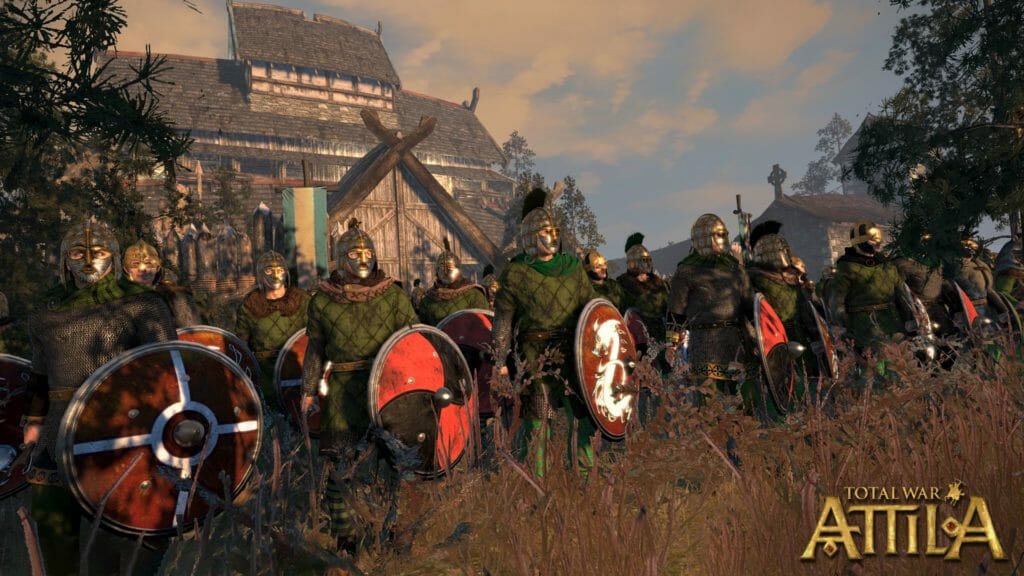
Attila had a lot to prove at release: The predecessor Rome 2 came out with serious bugs and AI errors and, on top of that, gameplay weaknesses such as a political system that fulfilled none of its promises. And indeed, Attila not only delivered a much more rounded experience and brought back popular features like the family tree, but it also added exciting new ideas. As the King of the Huns, for example, we roamed the land as a marauding horde that, unlike usual in the series, did not build any cities at all.
The weaker performance diluted the fun a little and fans of antiquity are missing some of their favourite peoples such as Greeks or Macedonians in Attila’s Age, but the game is still an excellent Total War today. And on top of that, a playground for great mods like Ancient Empires!
Place 10 – Empire: Total War
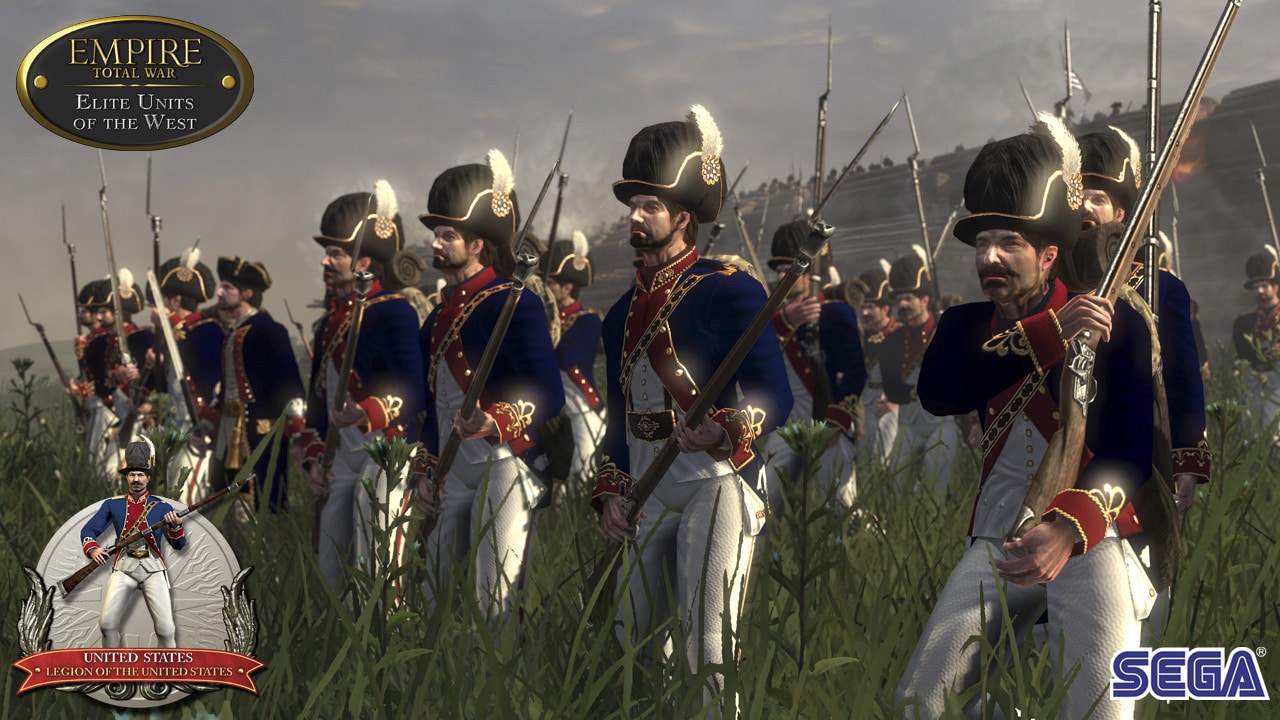
Empire was in many ways the most ambitious Total War: it sent us to the largest world map in the series to date, fighting for America and India in addition to Europe. And because we had to go far across the sea to do so, the game introduced naval battles for the first time – as a completely new game mode with its own rules, such as the wind, one of the greatest innovations in Total War history.
The result, however, divides the editors. For some, Empire takes one of the last places in the series ranking, others put it almost at the top. Where some think the game is just the right amount of colossal, others consider it overloaded. Where some missed the classic melee battles of the predecessors, just as many were happy about the new gameplay of the gunpowder age. So the polarising title places itself right in the middle.
Place 9 – Total War: Shogun 2 – Fall of the Samurai
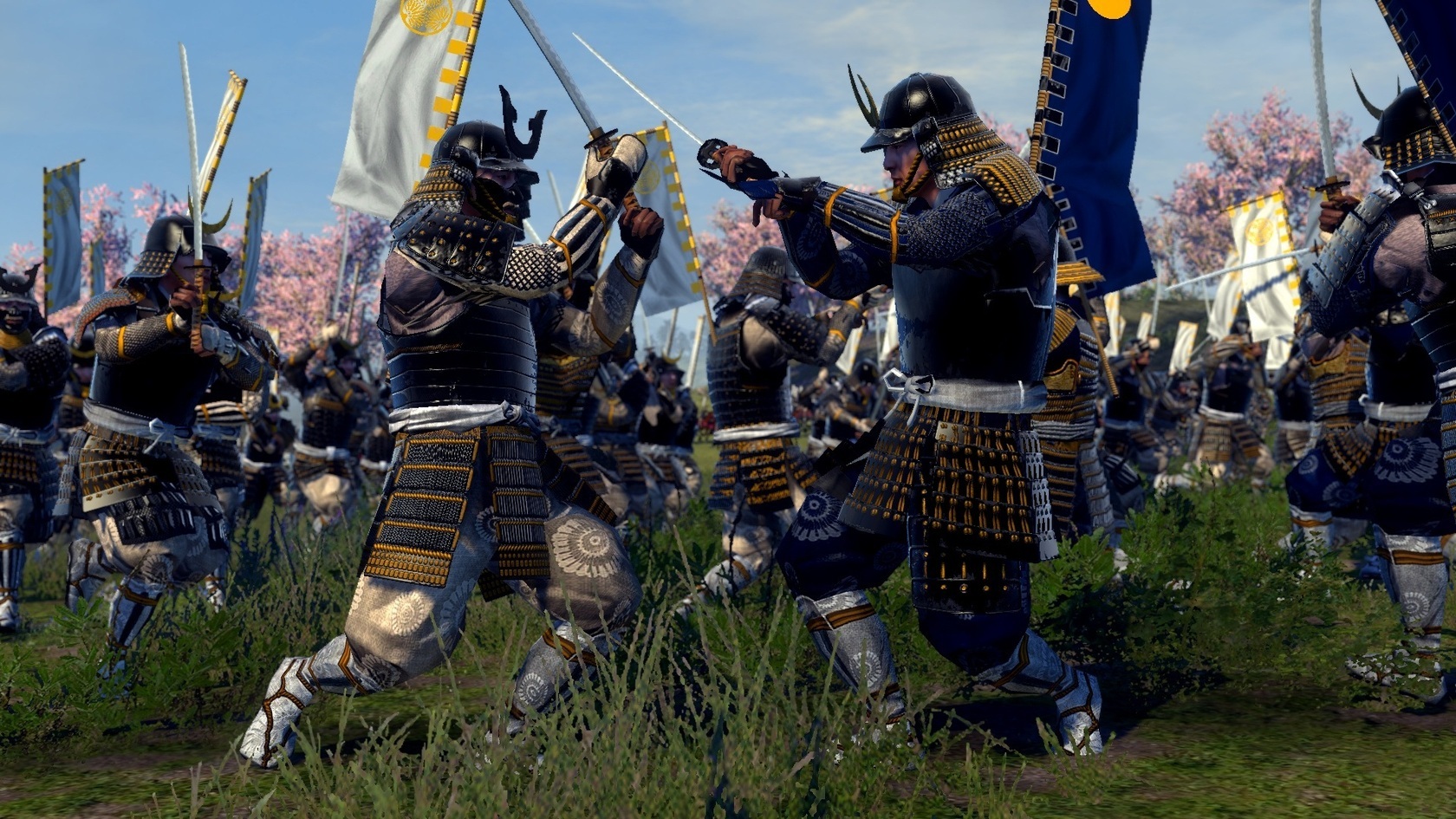
To date the best standalone add-on, Fall of the Samurai managed the feat of improving on the already fabulous Shogun 2. The arrival of Western powers brings new game mechanics and dynamics to Japan. For example, we can now use “modern” weapons such as armoured ships, bomb enemies on land and push armies rapidly across the map by rail. However, this modernisation is causing resentment among our tradition-conscious subjects.
So why isn’t it higher up on the list? Because it was “only” an expansion after all: other Total Wars built more impressive game concepts completely out of nothing, while for all the innovations, many of the strengths were already known from Shogun 2. And quite subjectively, many in the editorial team also like the classic samurai period better than industrialisation. Nevertheless, Fall of the Samurai is a first-class Total War!
Place 8 – Total War: Rome 2
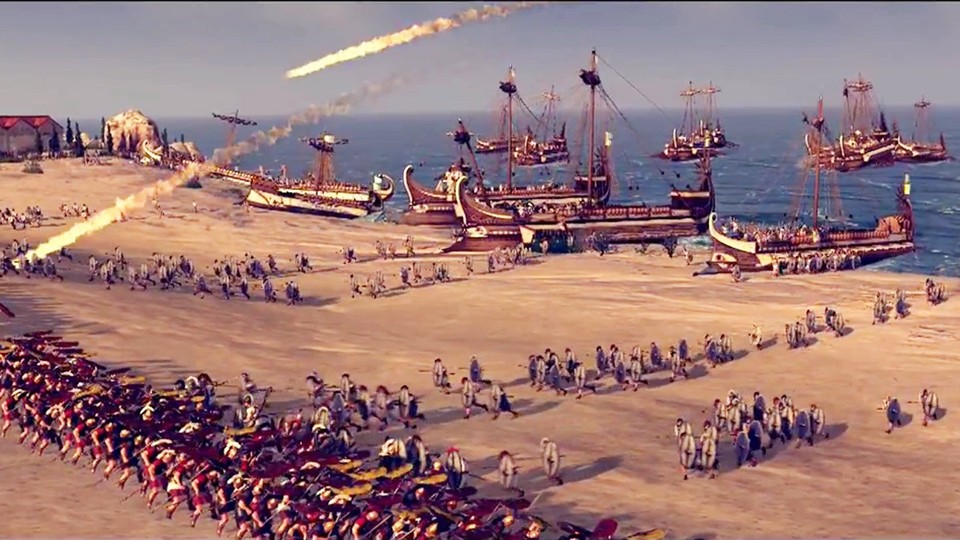
In its release version, Rome 2 would have landed much further down this list. The game came out with a lot of bugs and AI problems and also failed to convince in terms of game design. The much-heralded political system, for example, turned out to be so lame that we could almost be thankful for how meaningless it was. Rome 2 actually had a lot of exciting innovations: It combined land and sea battles for the first time, so that we could attack simultaneously from the sea and from land during a siege.
Since then, however, the developers have spent years patching and supplying the game with DLCs. They have fixed most of the bugs, eliminated many of the major weaknesses or at least built in improvements and added new content. In the meantime, Rome 2 is a much better game than it was at release, though still not quite enough for a place on the series Olympus. Still, Rome 2 proved to be groundbreaking: its new province system has been used in almost every subsequent Total War since.
Place 7 – Total War: Warhammer
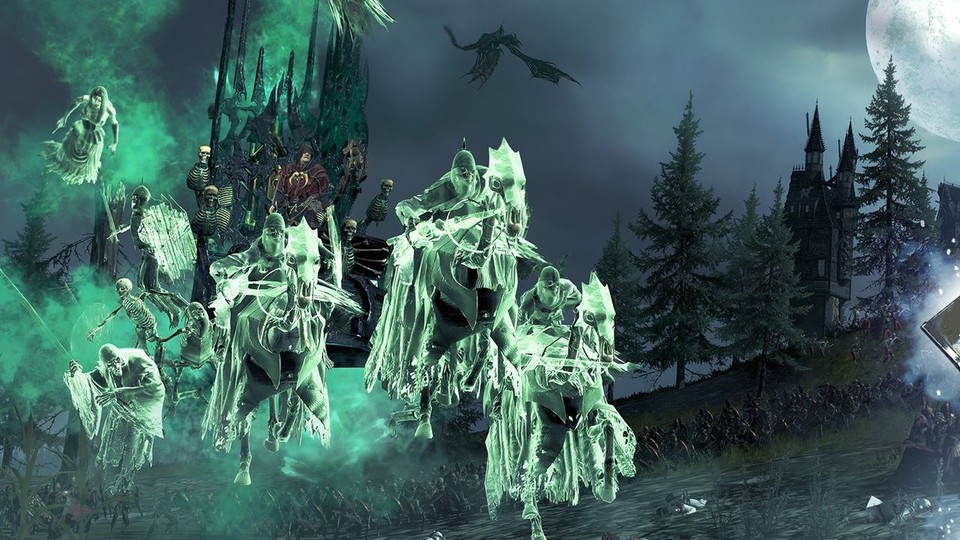
With Total War: Warhammer, Creative Assembly fulfilled years of fan dreams: for as long as mods had existed, the community had been recreating their favourite fantasy universes in Total War. After all, what other series could bring the mass battles of a Lord of the Rings, Game of Thrones or Warhammer to the screen so well? And now Warhammer actually came as an official game! For the first time in the series, we led flying units, mages and huge monsters into battle and were able to use completely new strategies. Never before had there been a Total War in which every nation was truly completely unique, right down to the last unit!
However, Total War: Warhammer oversimplified the gameplay in many other places. Above all, the administration of the empire was a touch too simple. Nevertheless, with its strategically diverse and incredibly atmospheric fantasy mass battles, the game is one of the highlights of the series.
Place 6 – Medieval: Total War
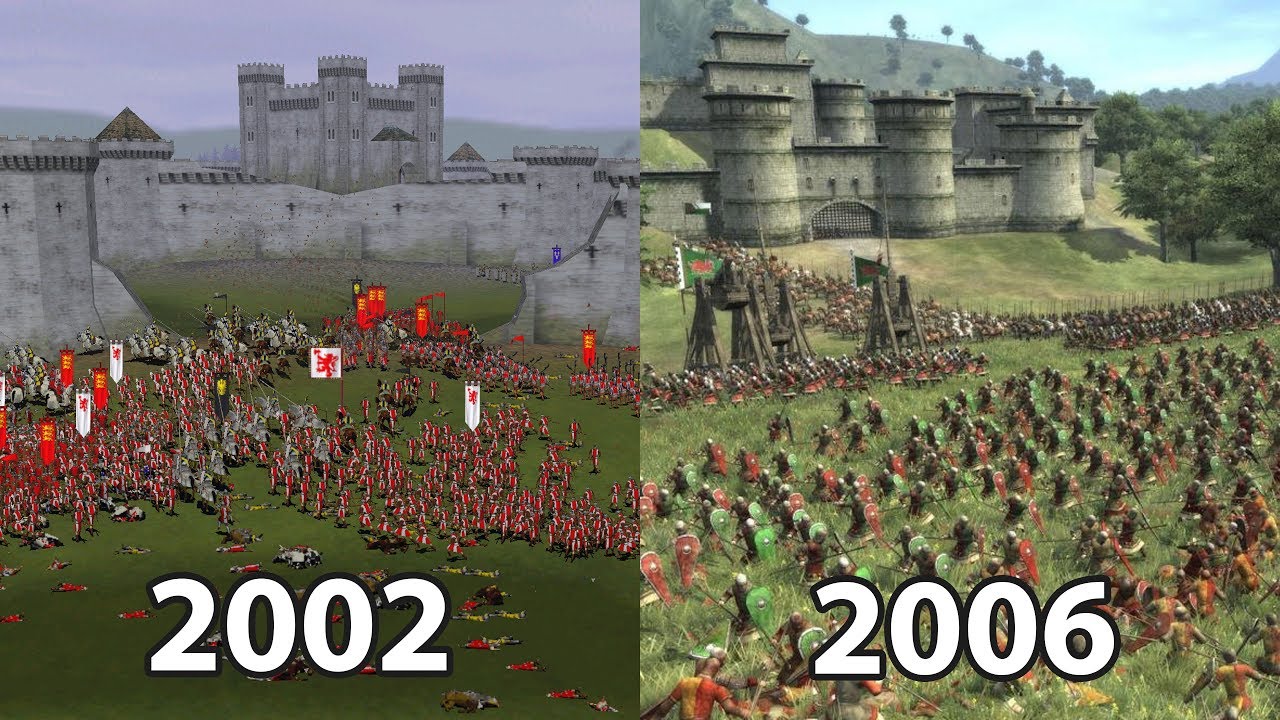
Medieval was just the sequel Shogun needed to guarantee Total’s future as a successful series for years to come. The game continued the then-still revolutionary principle of turn-based world map strategy and epic real-time battles, but simply made everything bigger and better – relegating Total War to the era it was arguably created for more than any other: The Middle Ages!
Fittingly, new game mechanics were added, such as the idiosyncratic Pope, the mere mention of which still gives Total War fans a headache. On the strategy map, we were given significantly more options, while the real-time battles held even more troops. In addition, we now led our knights into much more realistic siege battles. What would a medieval strategy game be without them? In the meantime, Medieval is showing its age. The pixelated sprites don’t make much of a difference any more, and subsequent Total Wars have refined and expanded the mechanics considerably. But for its contribution to establishing the series in the first place, Medieval has more than earned its fifth place. We always remember it fondly.
Place 5 – Total War: Warhammer 2
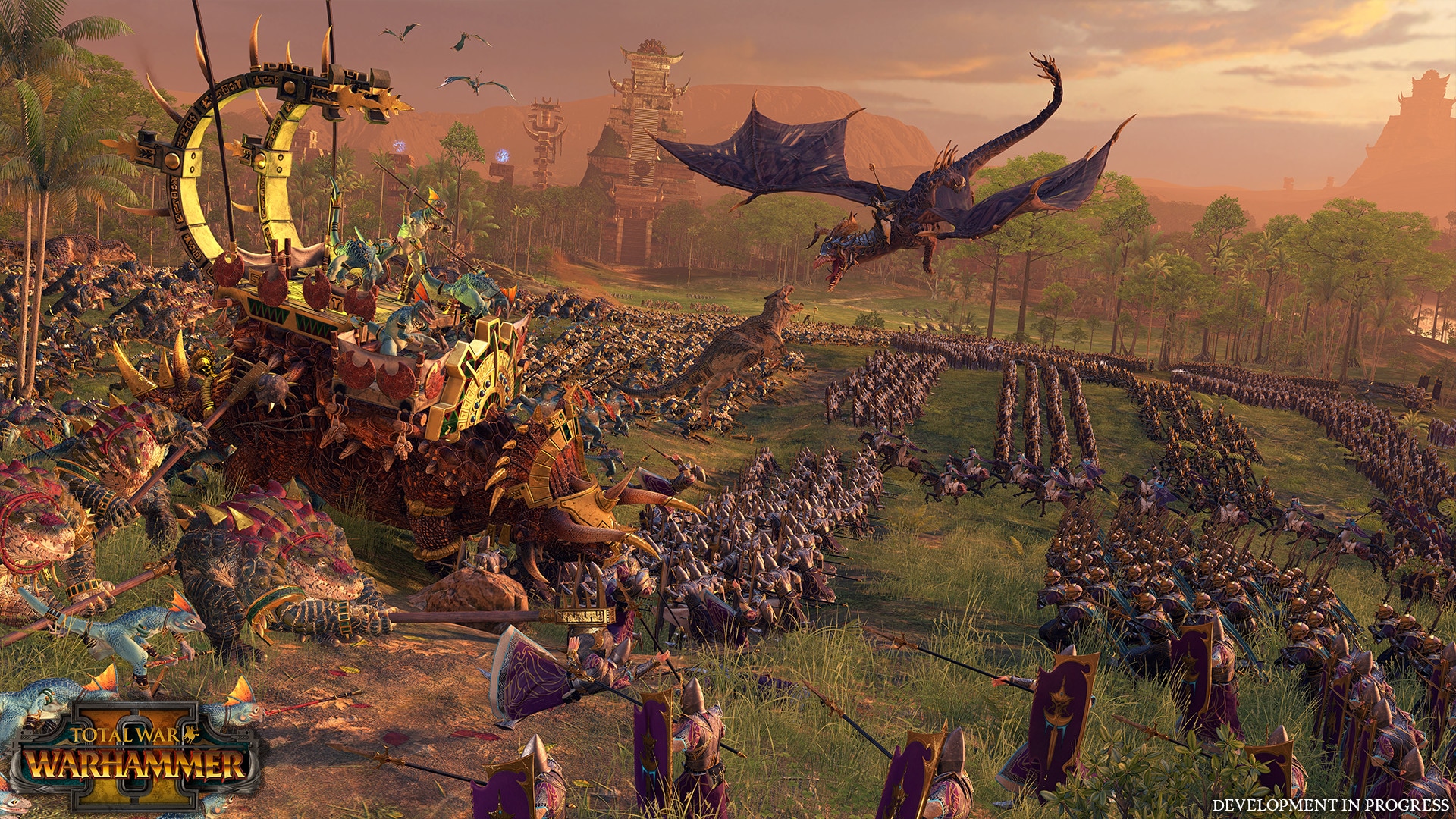
The second fantasy part wasn’t as big a revolution as the first – the leap into the wacky Warhammer scenario had already been made. But Total War: Warhammer 2 took it to the next level: Even more outlandish factions, even more diverse units, even more epic battles! The campaign map still felt a little too simple in terms of economy, but with more unique buildings and special people mechanics, the second part brought a touch more depth to the game than the first.
On the campaign map, however, Total War: Warhammer 2 also made its one big misstep: the new victory mechanic, in which we wrestle for control of a magical maelstrom, proved not to be fully thought out. It caused annoying time pressure for everything – until we realised how easily we could trick it. On the other hand, the game scored points after release with the huge alternative campaign Mortal Empires, which let races from both Warhammer games collide on a huge world map – without any Maelstrom at all. A highlight that no fan of epic fantasy should miss!
Place 4 – Total War: Three Kingdoms
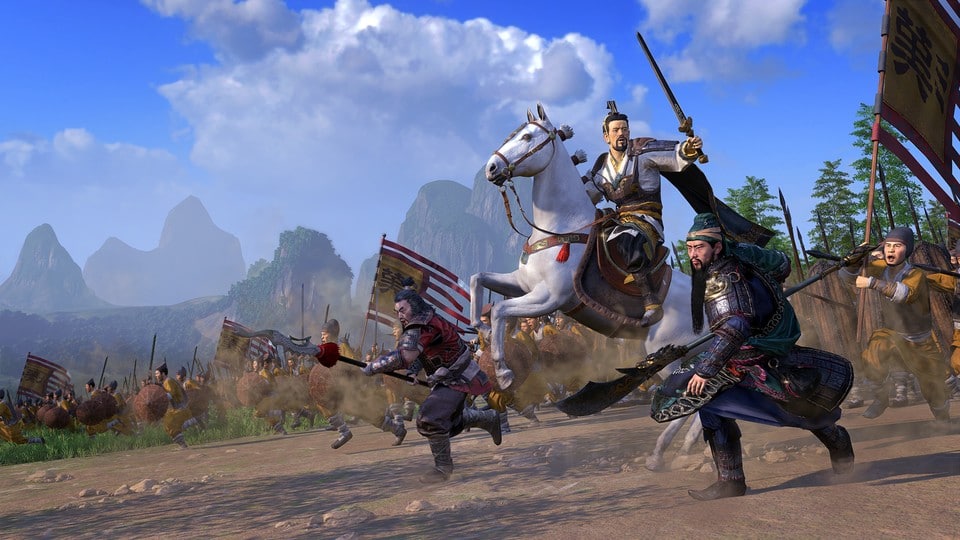
Before Warhammer or Behind? With Three Kingdoms, we had to think for quite a while because it’s basically the mirror image of the Warhammer parts: on the battlefield, it dares to be much less innovative – and they don’t succeed nearly as well – but on the campaign map, Total War hasn’t made such big steps in years!
Three Kingdoms finally makes diplomacy a really central (and fun!) part of the game, offers more economic depth than it has in a long time, and on top of that some more interesting new ideas like its own espionage system. Its biggest weakness is the battles, which lack variety in the long run because of the fairly similar factions. But because they are still classically good Total War battles at heart and Three Kingdoms doesn’t have such a big drawback as the annoying Maelstrom mechanic, we decided that it deserves to be ranked just ahead of Total War: Warhammer 2.
Place 3 – Total War: Shogun 2
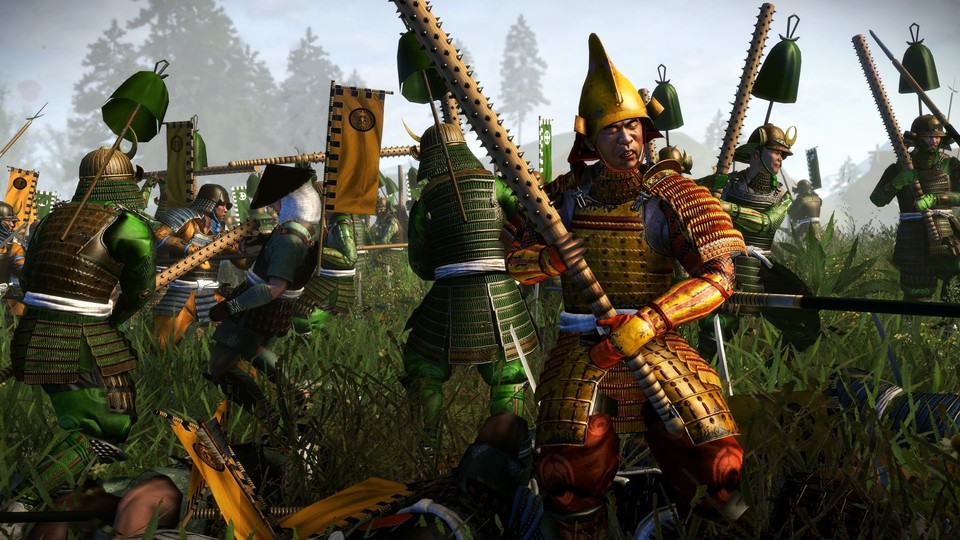
Shogun 2 was neither the greatest nor the most ambitious Total War – but one of the best precisely because of that. Because it returned to the series roots in Japan and only had to feature a single country instead of a huge map of Europe, the developers were able to focus all the more on fine-tuning the game’s mechanics. The Japanese clans were perhaps as diverse as the Romans and Greeks and barbarians of Rome 2 – but everything was just right in Shogun 2. Every system fit, everything interlocked sensibly and nowhere did the game seem overloaded.
This also makes it one of the best Total Wars for newcomers. In hardly any other game can they get to know the basics of the series in such a polished way without being overwhelmed by too many features. And Shogun 2 is newly young enough that it still looks fantastic and can score with modern usability. It can’t shake off all the classic series weaknesses, and the AI sometimes plays dumb here, too. But it’s still a strategy masterpiece.
Place 2 – Rome: Total War
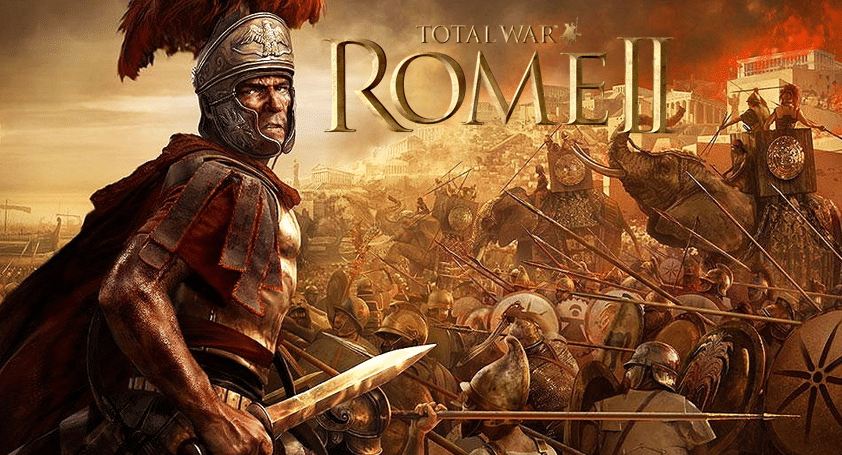
Rome was a milestone for the series: full 3D for the first time! No more pixelated sprites, here incredibly impressive polygon armies fought each other in mass battles like we had never seen on screen before. The campaign map also took on its modern form for the first time in Rome. It was now also entirely in 3D and was also much more sophisticated in terms of game mechanics than the board game-like version from Shogun and Medieval.
Rome also kicked off one of the finest series traditions: it offered almost endless possibilities for modders! Fans crafted everything from gameplay enhancements to huge Total Conversions that let us play Lord of the Rings or Warhammer in Total War for the first time. Some of the modders of the time are now even professional game designers: Lusted was brought on board by Creative Assembly to lead the development of Thrones of Britanna, while the DarthMod maker designs the Ultimate General games.
Place 1 – Medieval 2: Total War
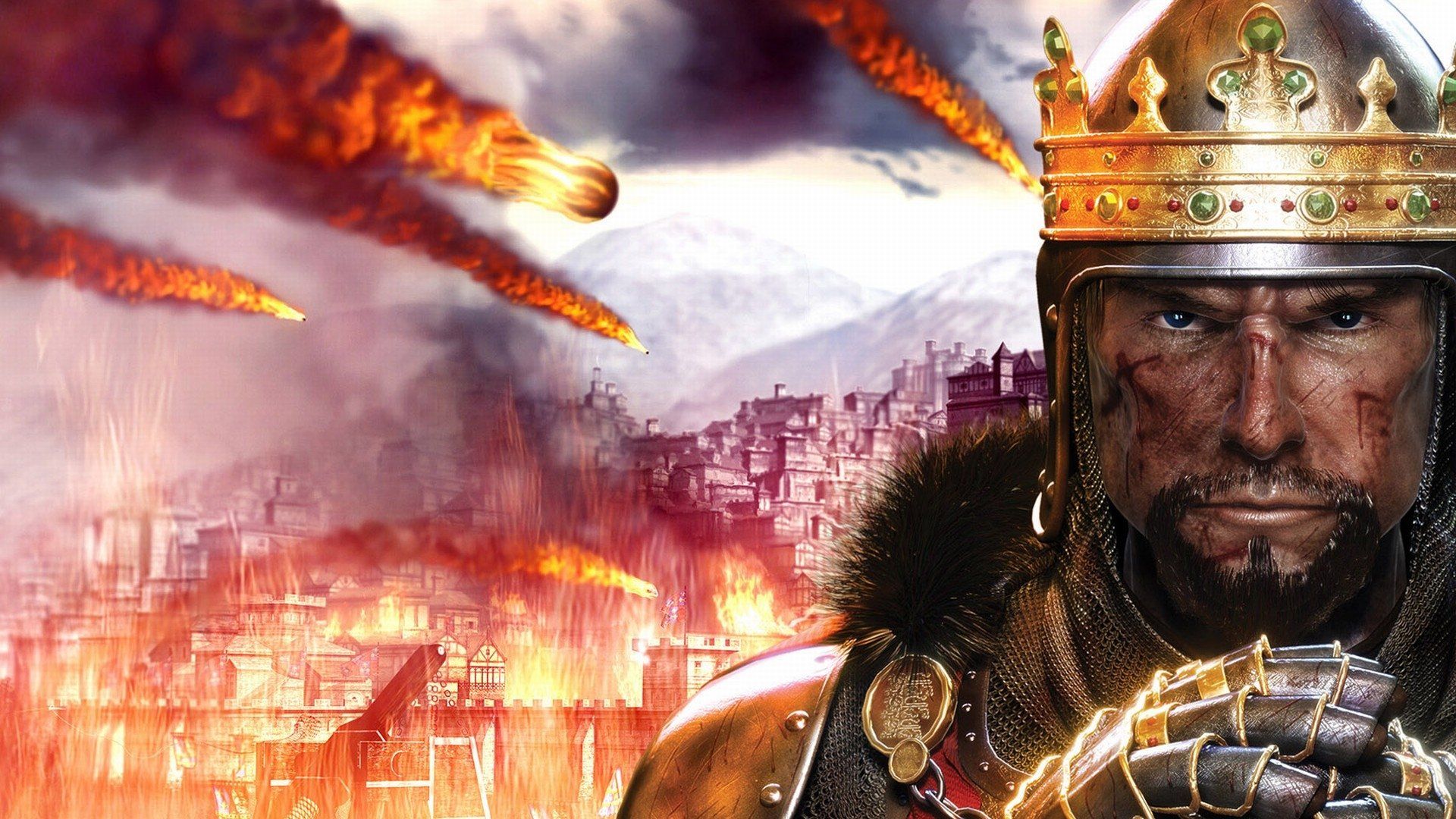
The undisputed king: Medieval 2 won our community vote for the best Total War and was also a commanding winner in the editorial office. No wonder. To this day, it is Total War at its best. Incredibly epic mass battles in the series’ most popular scenario, diverse factions and a whole range of unique mechanics on the campaign map make it a strategy masterpiece. For example, the game knew two different settlement types, the economically strong cities and the militarily important castles. Clever strategists had to balance these.
Of the early Total Wars, Medieval 2 has aged best by far. Although it has a few years under its belt, it still knows how to impress with its gloriously staged knightly assaults. The campaign map seems a little more old-fashioned in comparison, but by no means unbearable. Even newcomers to the series can still play with a clear conscience. Especially since the game still has an active modding community. Our recommendations: Stainless Steel for classic medieval battles polished to a high gloss and Third Age: Total War for the best Lord of the Rings battles you’ve ever played.


